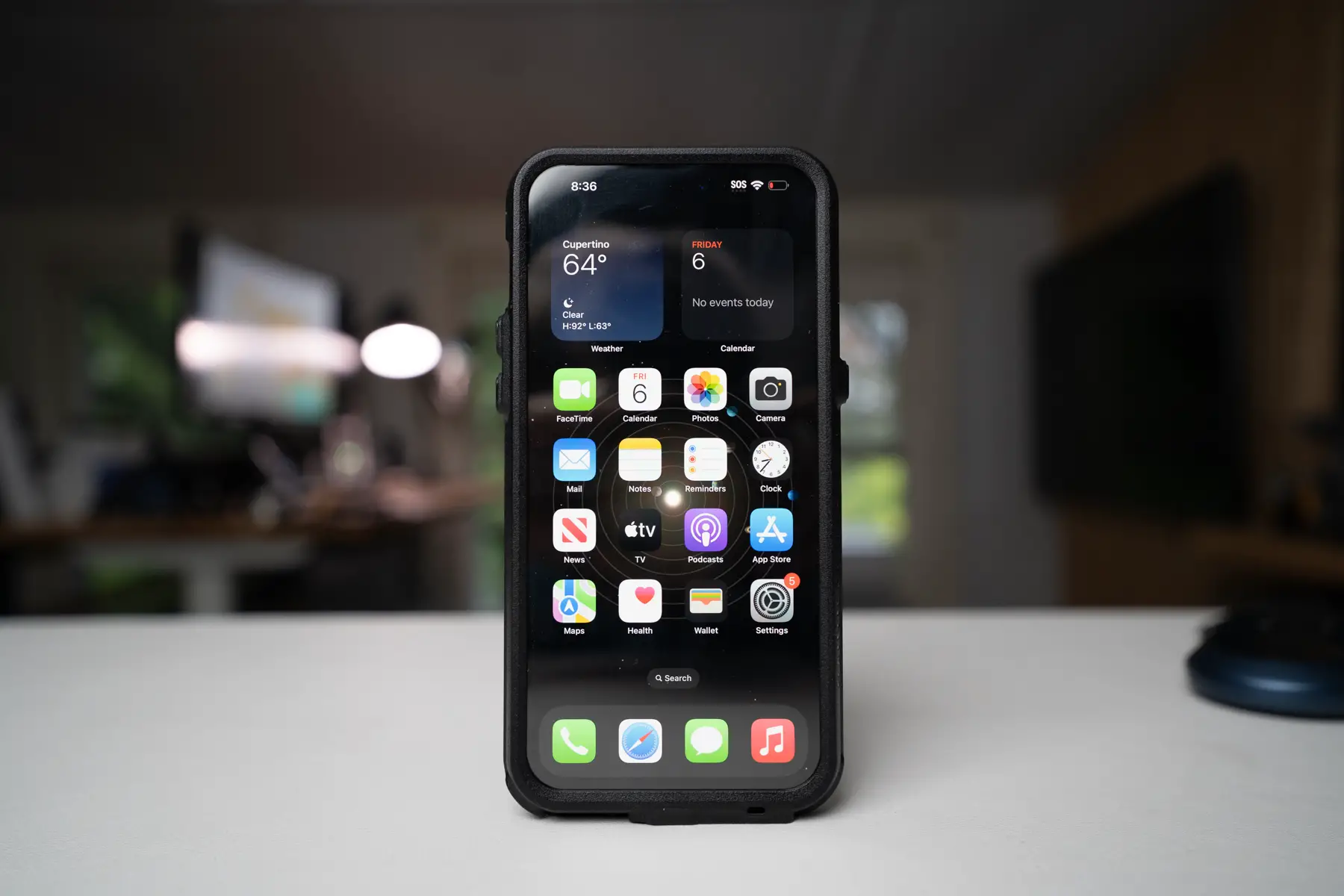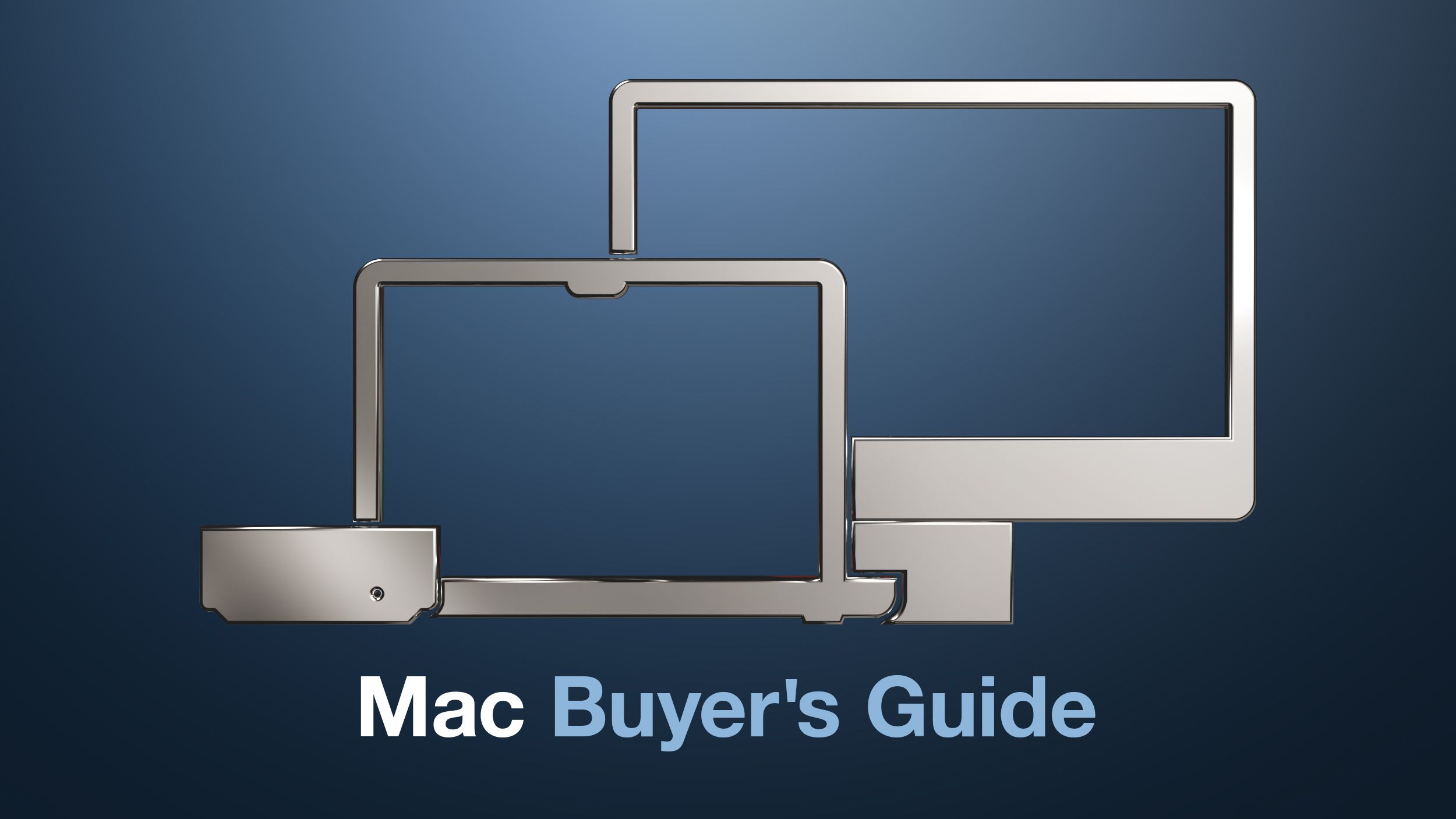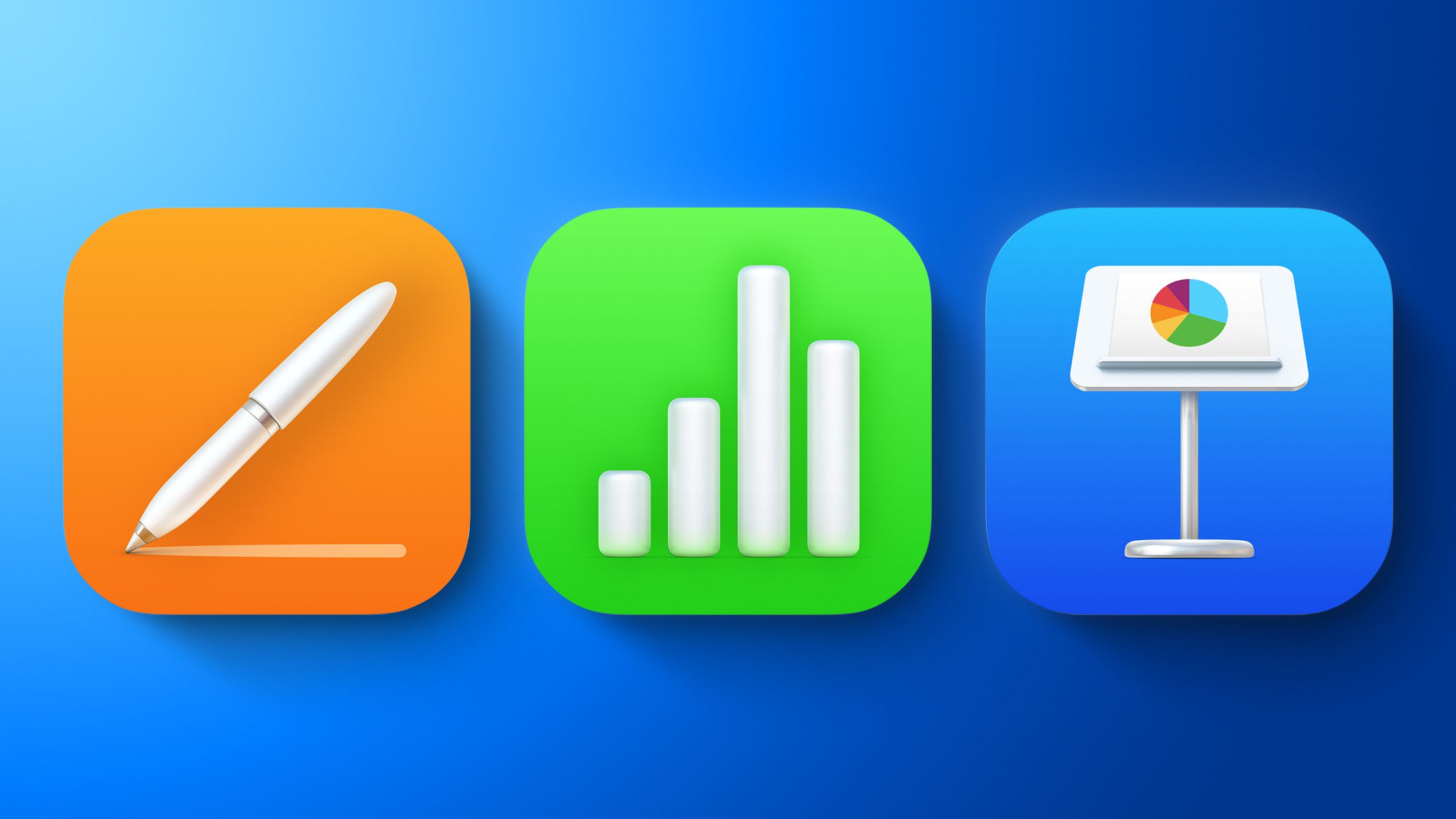Top Python Frameworks You Should Know for Building Modern Applications
Python is a powerful language for application development, offering a wide range of frameworks to build scalable and high-performance projects. This blog highlights key Python frameworks like Django, Flask, FastAPI, Pyramid, and tools for mobile development like Kivy and BeeWare, helping developers choose the right framework for web, API, and mobile applications to ensure efficient and quality-driven development.
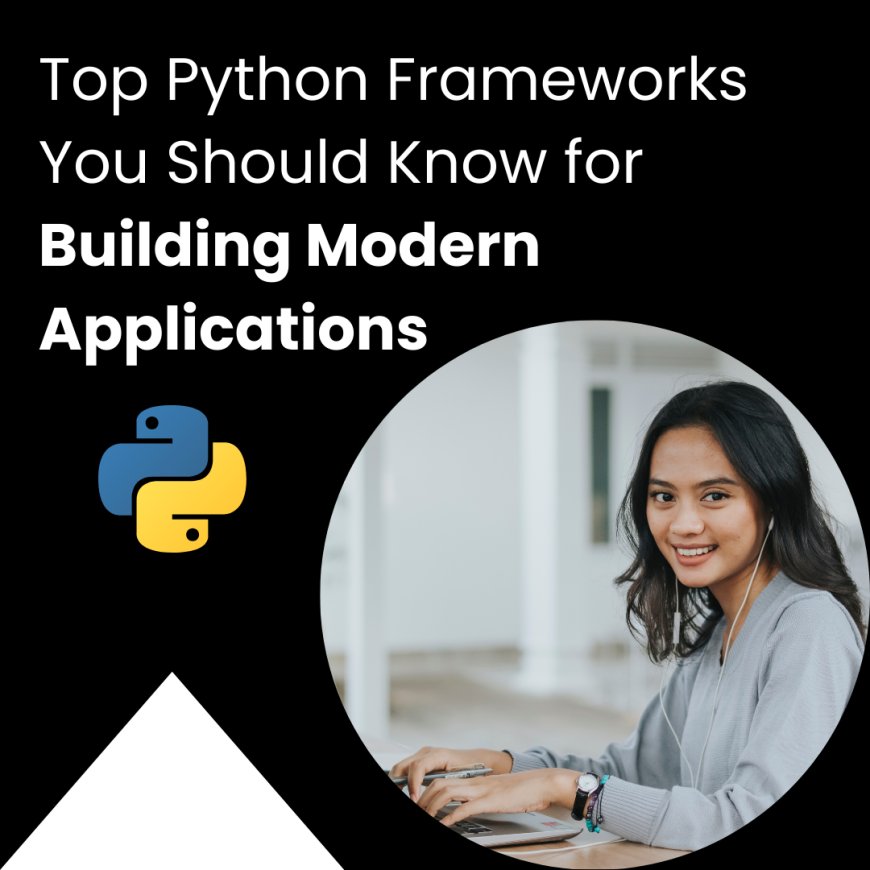
Python nowadays has become the most powerful language for building application development due to its simplicity and flexibility and the huge number of frameworks it comes with.
The right framework can assist in building high-performance, scalable, and maintainable projects, be it a web application, API, or mobile application.
Here are some of the prime Python frameworks that one should know when developing modern applications.
1. Django
Django is likely the most well-known and robust framework within the Python ecosystem. Renowned for its "batteries included" approach, it provides developers with the complete stack ready to use.
It provides integrated modules for user authentication, routing, and database management, which enables Django to create secure, scalable, and feature-rich web applications. It is more appropriate for extensive projects that require quick development without sacrificing quality.
2. Flask
The Flask microframework is lightweight and flexible, offering simplicity and very granular control over the components used in a project. Unlike Django, Flask does not come with any built-in modules; hence it is ideally suited for developers willing to build custom applications from scratch.
It can be an excellent choice for smaller projects requiring an API or custom solutions. Another reason for its preference is that developers feel comfortable building small projects using Flask or proof-of-concept applications due to its easy learning curve.
3. FastAPI
FastAPI is a contemporary framework designed for developing high-performance APIs using Python. It inherently supports asynchronous programming, enabling the creation of high-performance applications capable of handling multiple requests at the same time.
FastAPI automatically creates interactive API documentation, facilitating the easy testing and management of your API endpoints. For creating applications that require high performance, FastAPI stands out as an excellent option for both speed and scalability.
4. Pyramid
A flexible and scalable framework for building applications in Python, Pyramid can cater to small applications as well as enterprise projects. It allows one to handpick the components of interest; hence its high customizability.
Pyramid will serve developers who need to build highly flexible applications that can grow over time with excellent scalability and security. For businesses looking to leverage Python’s full potential, working with a Python development company can help ensure that the right framework is selected based on your specific requirements, ensuring both flexibility and scalability.
5. Kivy and BeeWare for Mobile Development
Kivy and BeeWare are two Python frameworks to consider when creating cross-platform mobile apps. Kivy works wonderfully when you need to build mobile apps with appealing user interfaces and multi-touch support; in the case of BeeWare, it enables developers to write applications that run on several platforms, from iOS to Android and the desktop.
Both frameworks enable Python developers to extend their reach into the world of mobile app development that requires some mobility-specific features.
Conclusion,
Selecting the most appropriate Python framework is important for modern applications built effectively and efficiently. Whether creating a web app with Django, a custom API with Flask, or a mobile package with Kivy or BeeWare, Python offers frameworks to satisfy all these needs. Thus, a well-chosen framework may assist in the timely creation of your application and with performance and business requirements.













































































































































































![[The AI Show Episode 142]: ChatGPT’s New Image Generator, Studio Ghibli Craze and Backlash, Gemini 2.5, OpenAI Academy, 4o Updates, Vibe Marketing & xAI Acquires X](https://www.marketingaiinstitute.com/hubfs/ep%20142%20cover.png)















































































































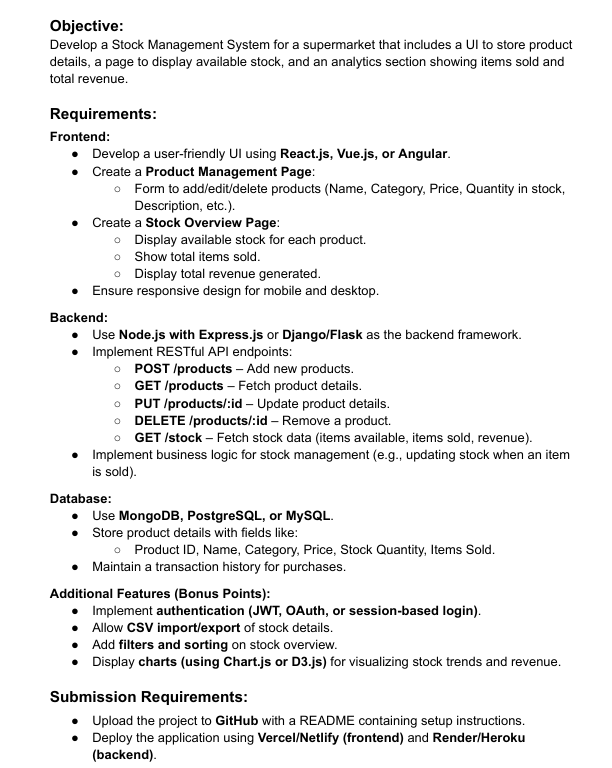















![[DEALS] Microsoft Office Professional 2021 for Windows: Lifetime License (75% off) & Other Deals Up To 98% Off – Offers End Soon!](https://www.javacodegeeks.com/wp-content/uploads/2012/12/jcg-logo.jpg)





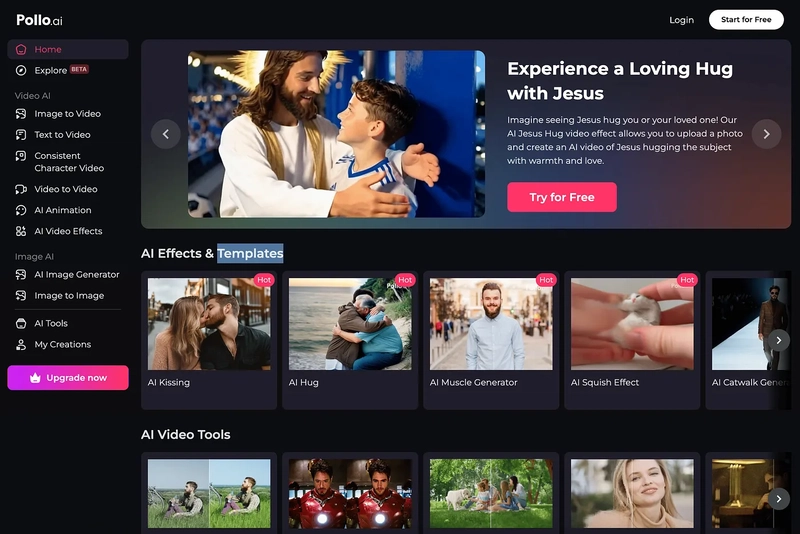











































































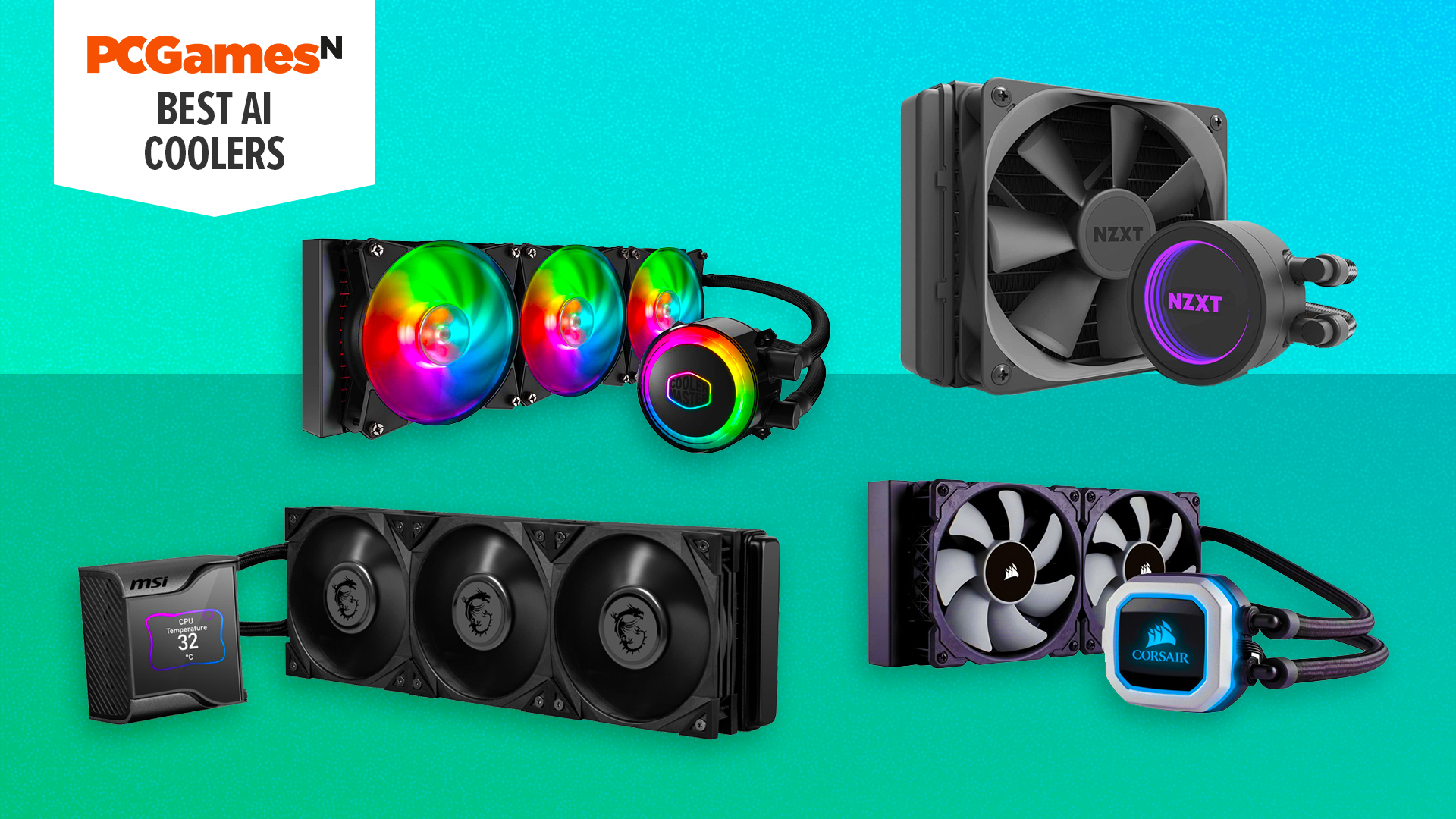




























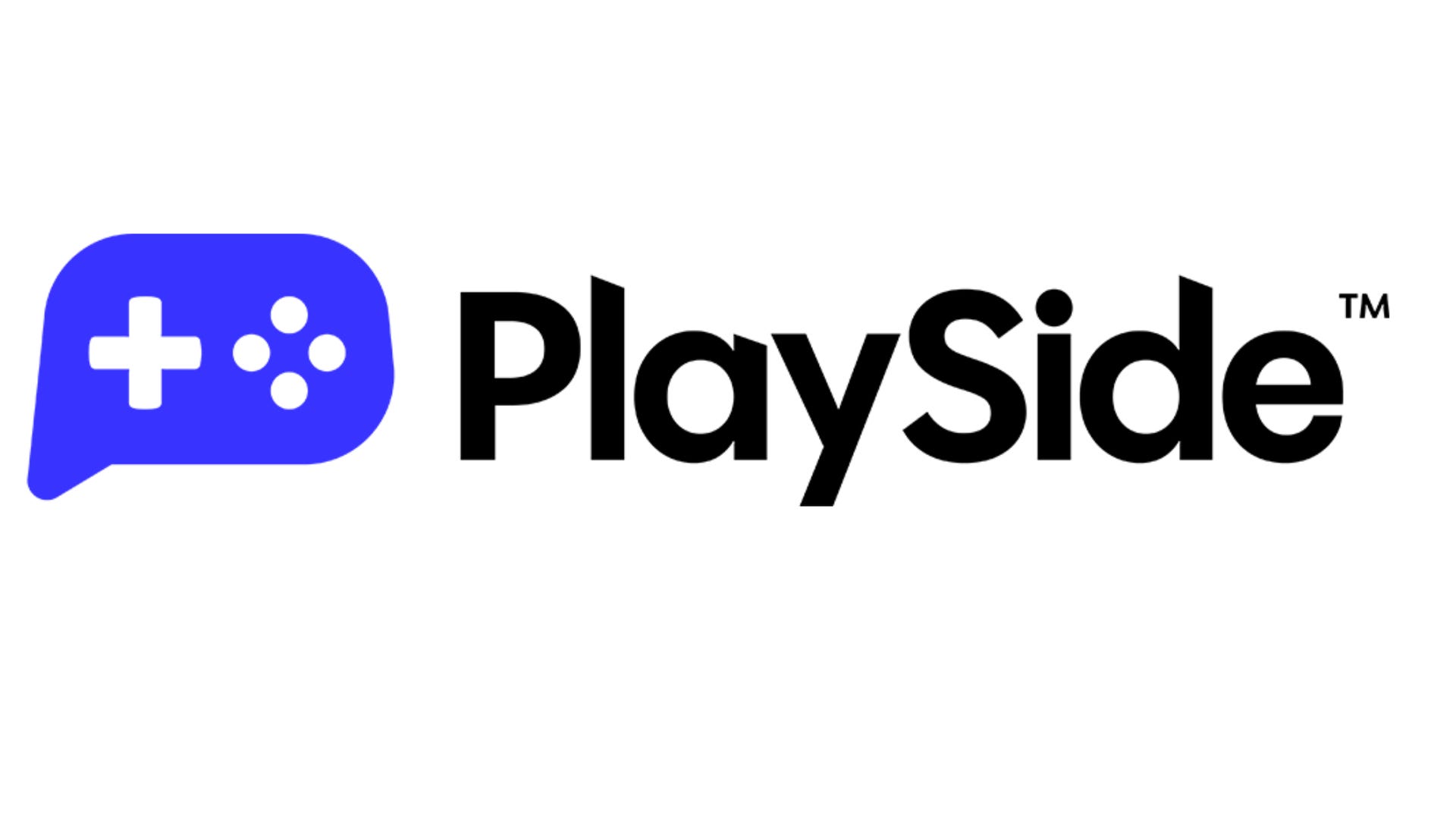
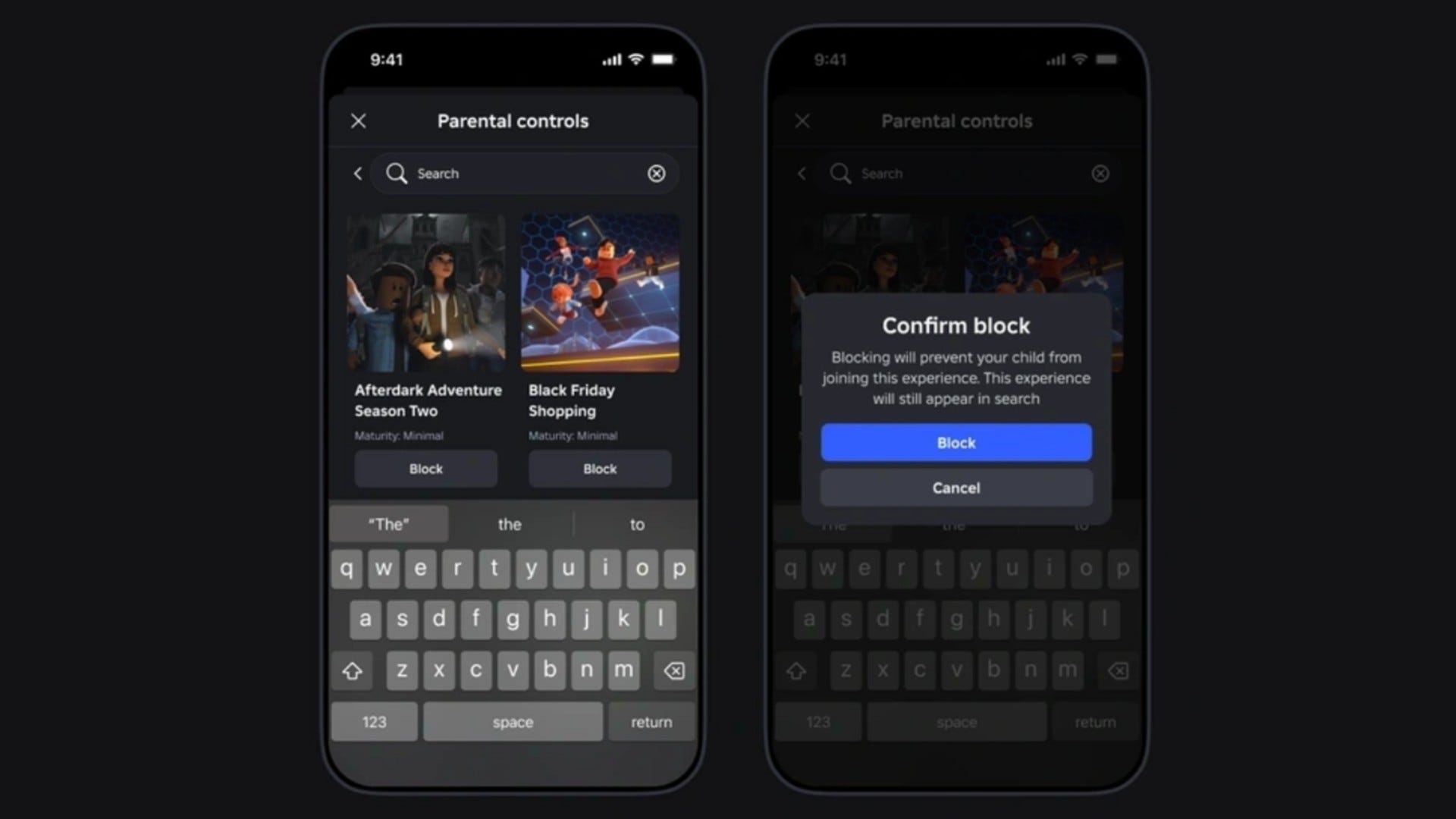





























_Anthony_Brown_Alamy.jpg?#)
_Hanna_Kuprevich_Alamy.jpg?#)




.png?#)

















































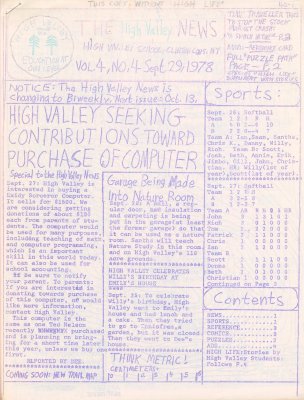


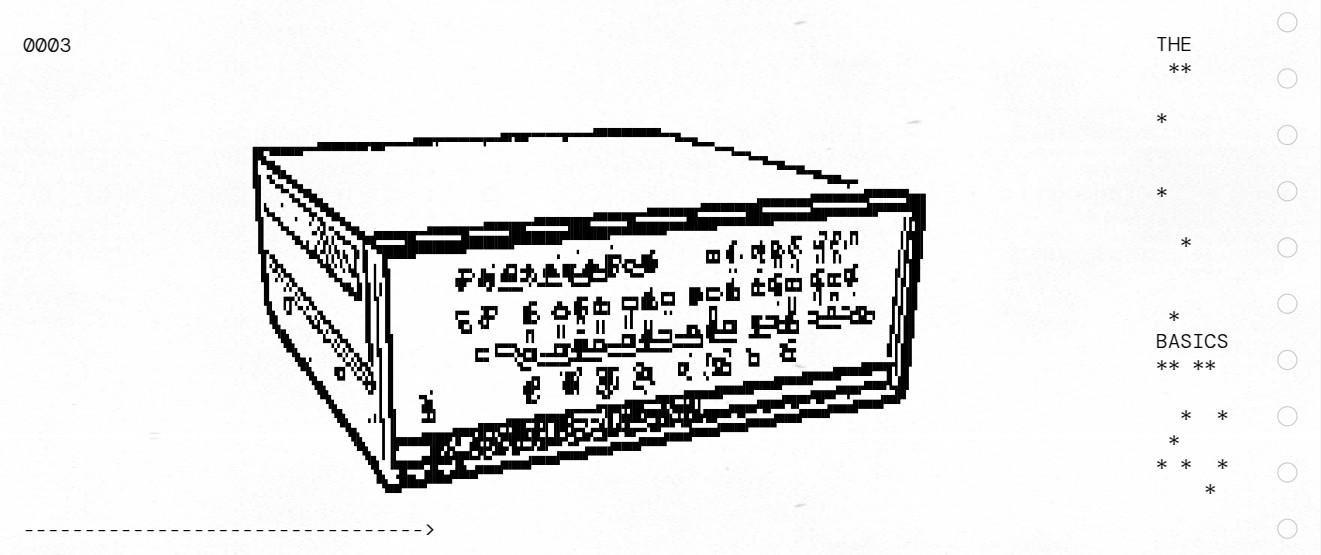























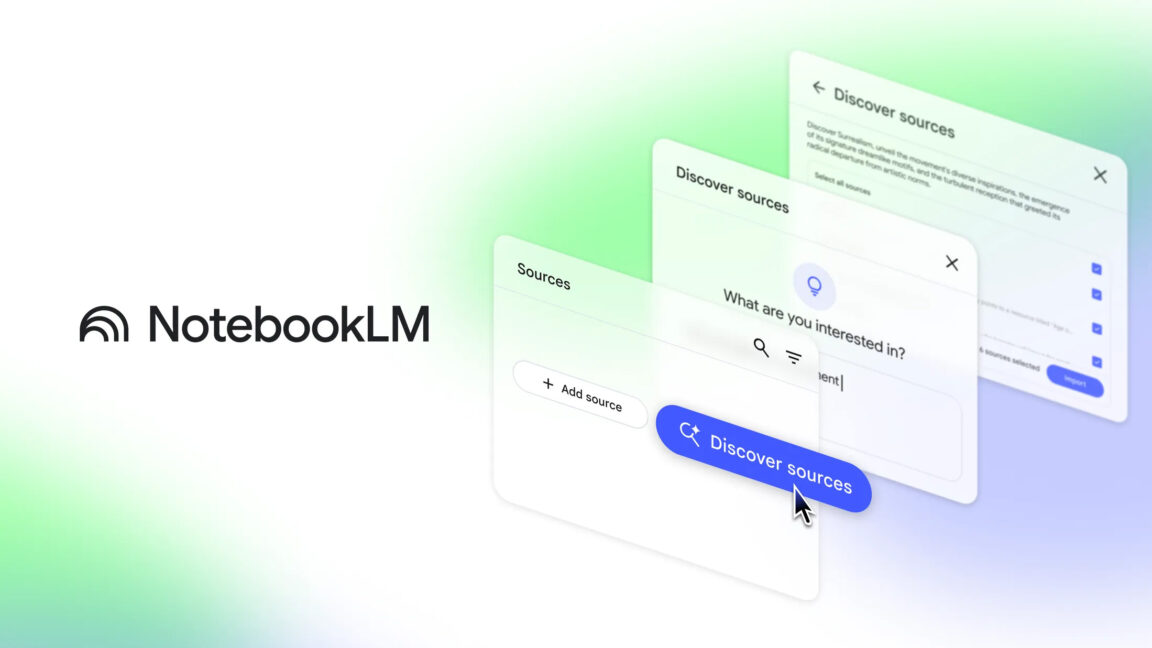



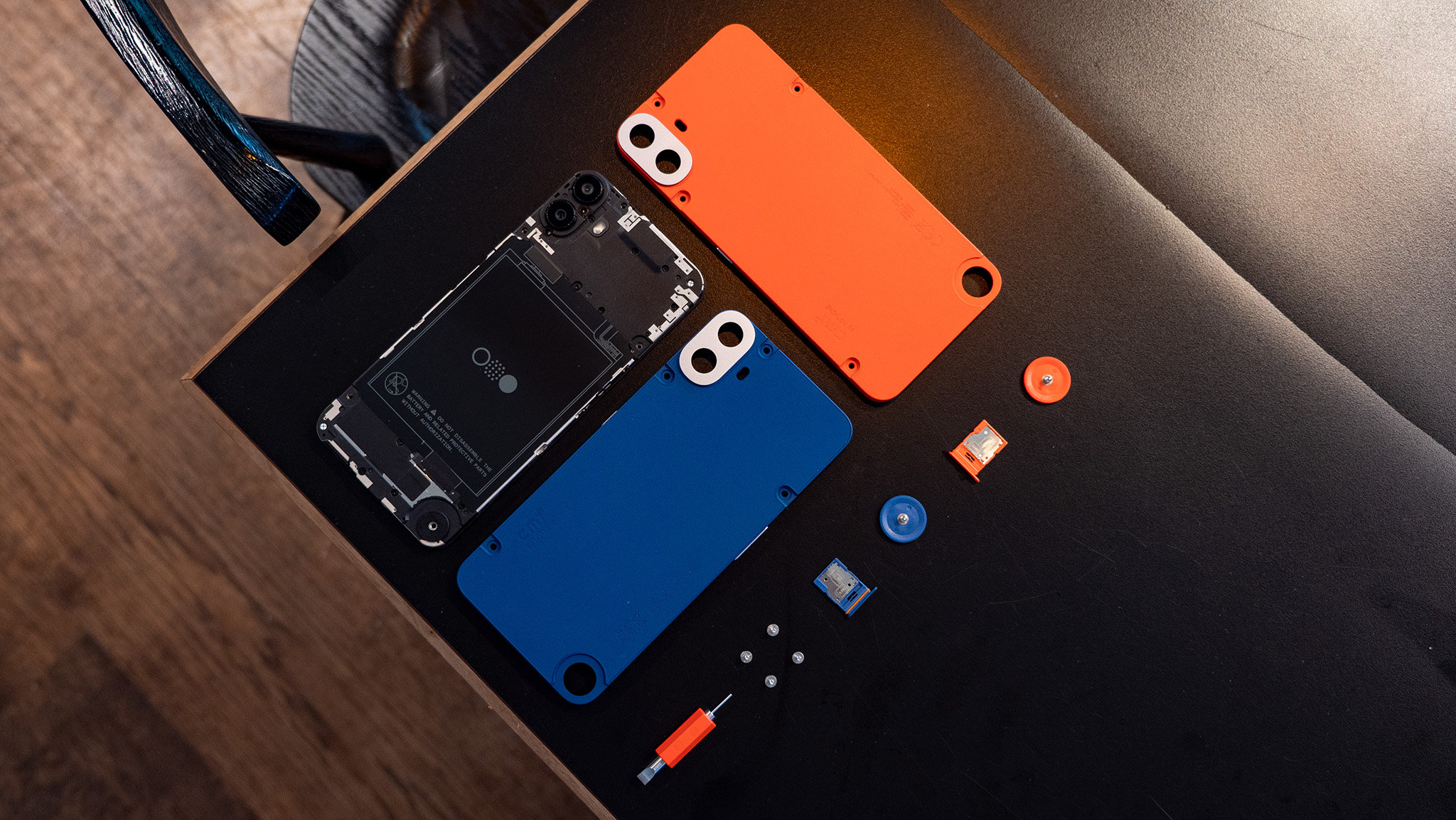








![Hands-on: We got to play Nintendo Switch 2 for nearly six hours yesterday [Video]](https://i0.wp.com/9to5toys.com/wp-content/uploads/sites/5/2025/04/Switch-FI-.jpg.jpg?resize=1200%2C628&ssl=1)
![Fitbit redesigns Water stats and logging on Android, iOS [U]](https://i0.wp.com/9to5google.com/wp-content/uploads/sites/4/2023/03/fitbit-logo-2.jpg?resize=1200%2C628&quality=82&strip=all&ssl=1)














![YouTube Announces New Creation Tools for Shorts [Video]](https://www.iclarified.com/images/news/96923/96923/96923-640.jpg)

![Apple Faces New Tariffs but Has Options to Soften the Blow [Kuo]](https://www.iclarified.com/images/news/96921/96921/96921-640.jpg)













